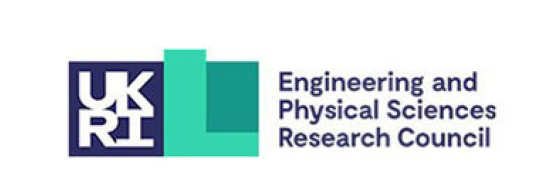 The development of predictive models is a key theme of the PharmaSEL research programme. Within this research theme researchers are developing advanced model-based experimental design processes to achieve optimal workflows in the pharmaceutical manufacturing sector. State of the art computer-aided tools and models will be developed to design, control and optimise pharmaceutical manufacturing processes leading to key advantages for the industry and the wider public.
The development of predictive models is a key theme of the PharmaSEL research programme. Within this research theme researchers are developing advanced model-based experimental design processes to achieve optimal workflows in the pharmaceutical manufacturing sector. State of the art computer-aided tools and models will be developed to design, control and optimise pharmaceutical manufacturing processes leading to key advantages for the industry and the wider public.
See below for more information about the research projects within this Workpackage.
Principal investigators
Researchers
- Dr Kamal Kuriyan, Post Doctoral Research Associate
- Kennedy Kusumo, PhD Researcher
- James Odgers, PhD Researcher
Projects
- Model based experimental design for rapid early-stage model development
- Optimal sampling for probability mapping in a design space
It is well-known that drug development costs have consistently increased over the past decade and a significant portion of these costs is attributable to experimentation and empirical approaches to problem solving, both in drug manufacturing and process development. The aim of this research project is to investigate mechanistic approaches that could potentially improve the current experimental workflows in pharmaceutical manufacturing and development. This project will develop new and better techniques for model-based experiment design in the pharmaceutical industry and it will yield novel insights to overcome the challenges associated with these techniques.
The principal investigators involved in this project are:
The researchers involved in this project are:
- Dr Kamal Kuriyan, Research Associate
- Mr Kennedy Kusumo, PhD Researcher
The design space (DS) of a system or process is defined as the set of input variables and process parameters which provides assurance of quality via performance measures (e.g. product purity). There is a drive to implement Quality by Design in the pharmaceutical industry and this requires a priori identification of DS. Enumerating the DS computationally can be a demanding task, especially in the case of uncertainty in system parameters. In this project we have been developing a novel theoretical and numerical framework for determining probabilistic DS using metamodelling and global sensitivity analysis. We are developing a software tool that employs the multi-step adaptive technique using a metamodel for a probability map as an acceptance-rejection filter to optimize sampling for identification of the DS. It is shown that application of global sensitivity analysis and metamodel-based filters can significantly reduce model complexity and computational costs with speed up a 2 orders of magnitude .
The principal investigator involved in this project is:
- Prof Nilay Shah
The researcher involved in this project is:
- Dr Sergei Kucherenko, Research Fellow


